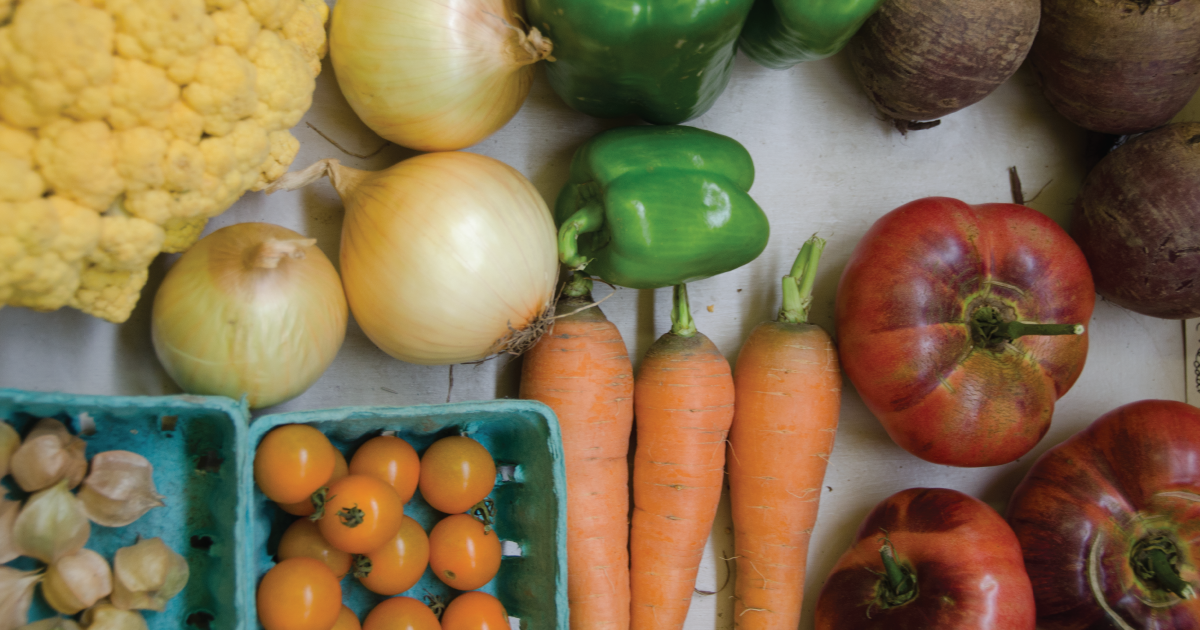
How To Fix a Food System That’s Not Designed To Feed People
Earlier this year, Americans learned what it looks like when a food system reliant on industrial agriculture, near monopolies and exploited laborers breaks down. Just two months into the pandemic, the meat industry in the most powerful nation in the world was buckling.
December 7, 2020 | Source: Huff Post | by Debbie Weingarten
Industrial agriculture is bad for workers and the environment. Farmers all over the world are creating fairer food systems that work with the Earth, not against it.
Earlier this year, Americans learned what it looks like when a food system reliant on industrial agriculture, near monopolies and exploited laborers breaks down.
Just two months into the pandemic, the meat industry in the most powerful nation in the world was buckling.
In March and April, COVID-19 swept through meatpacking plants, infecting thousands of workers. In Colorado, an outbreak at a huge JBS beef processing facility killed six workers. In South Dakota, as cases surged in a Smithfield pork plant, officials offered bonuses to employees who kept coming to work (although the company said any worker missing work due to COVID-19 exposure or diagnosis would still get the money). By November, more than 11,000 Tyson Foods workers had been diagnosed with COVID-19 ― 9% of its total workforce.
